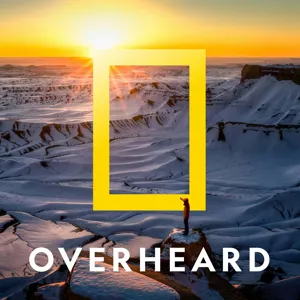Why banks are fighting changes to an anti-redlining program

Today on the show, we explain the history of racist housing policies in the United States and how that history informs the banks' fight with the government today.
For sponsor-free episodes of The Indicator from Planet Money, subscribe to Planet Money+ via Apple Podcasts or at plus.npr.org.
Music by Drop Electric. Find us: TikTok, Instagram, Facebook, Newsletter.
Learn more about sponsor message choices: podcastchoices.com/adchoices
NPR Privacy Policy



